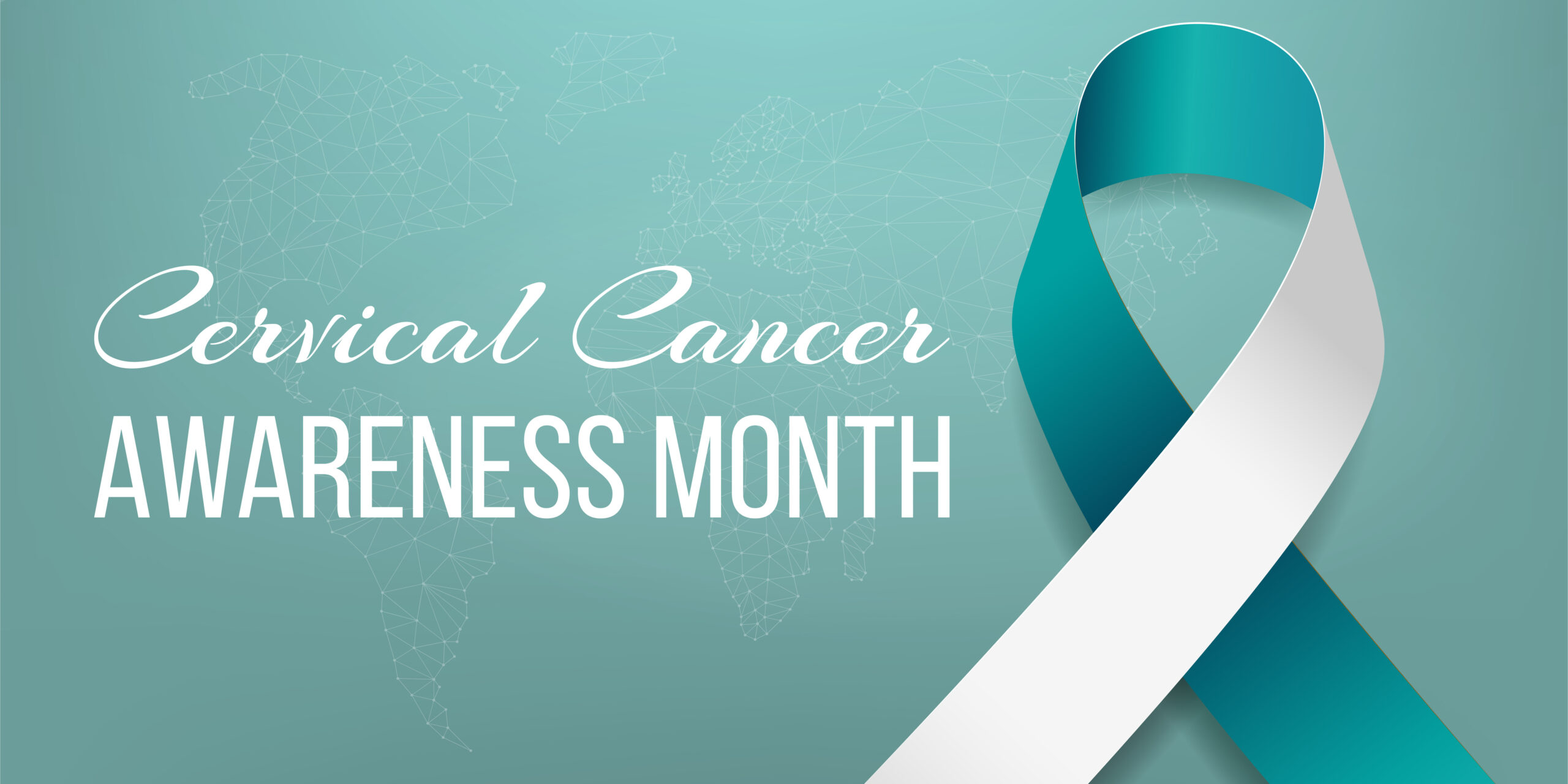
Why it’s Important to Screen for Cervical Cancer
Every year, thousands of women in the United States are diagnosed with cervical cancer. In 2019, our nation saw almost 13,000 new cases, according to the Centers for Disease Control and Prevention (CDC). Around 4,000 women died from cervical cancer in that year, according to the data.
One of those women known as Janna H., a mother, Major in the Army and National Guard and audit manager at the University of Tennessee, shared her story on CDC.org. In 2014, her Pap test came back abnormal, and she later discovered she had cancer. When an oncologist performed surgery to remove the cancer, he discovered that it was larger than he had expected. Janna’s annual checkup had saved her life, and her story illustrates the importance of cervical cancer screening. All women — even those who are healthy — can get cancer.
Regular screenings can help you detect potentially cancerous cells and prevent death from this type of cancer. During Cervical Cancer Awareness Month this January, healthcare providers are drawing attention to the importance of cervical cancer screenings.
At Good Samaritan Health Centers of Gwinnett, we provide Pap tests and screening for HPV (a sexually transmitted infection that can lead to cervical cancer). Our providers are happy to answer any questions you may have about gynecological cancers, and we want to ensure you are happy and healthy. In the meantime, check out our answers to these two common questions about cervical cancer screening.
What are Pap tests and HPV screenings?
Pap tests (or Pap smears) involve taking cells from the cervix (the upper part of the vagina) to test for abnormalities. HPV screenings test for HPV infections; this can be done at the same time as a Pap test, says Mayo Clinic.
How often should I get screened?
The CDC recommends getting Pap tests every three years from ages 21 to 29. Women ages 30 to 65 can continue getting Pap tests every three years, an HPV test every five years, or a Pap and HPV test every five years. After 65, depending on your history risks, you may not need to get screened again.
Assessing the Results
Don’t fret; an abnormal Pap test does not always mean you have cancer. Your healthcare provider will tell you what to do next. The important thing is that you are keeping up to date with your health, and you will be ready to take action if concerns do arise.
“My annual checkup saved my life,” Janna H. wrote. “We take care of our families making sure they get their health check-ups, so why not take care of ourselves?”
—
Good Samaritan Health Centers of Gwinnett provides low-cost medical services to the poor and uninsured. To make a primary care appointment, call 678-280-6630.



